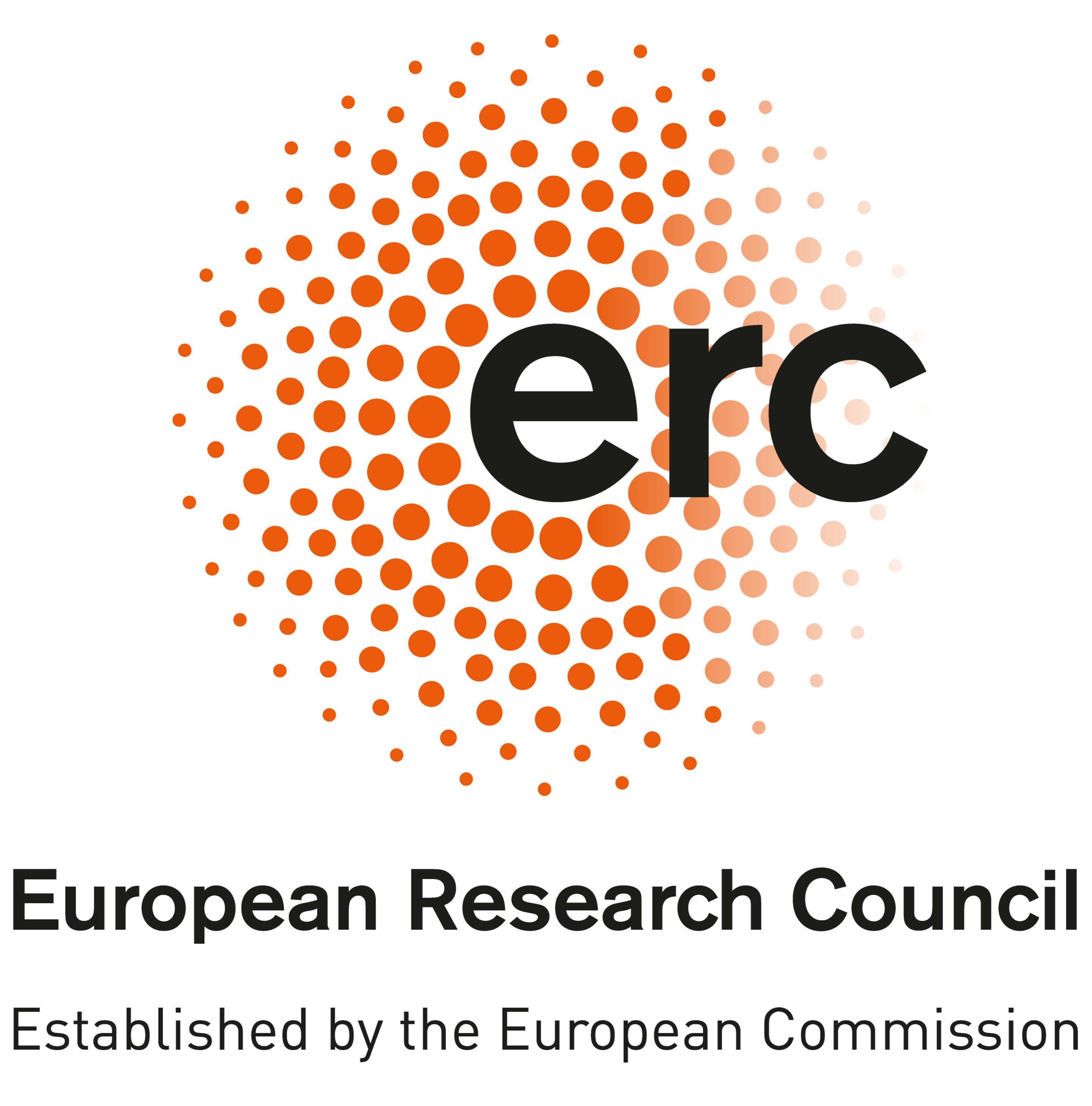
San Raffaele Telethon Institute for Gene Therapy
Human hematopoietic development and disease modeling


The Ditadi lab is a young and dynamic group that focuses on an ambitious and fundamental research program integrating developmental, cell and molecular biology. Our overarching research goal is to understand and recapitulate normal and pathological human hematopoietic development, both at the signaling and genetic level, with a particular interest in generating blood cell products to be used in the regenerative medicine framework. We harness the potential of human pluripotent stem cells (hPSC; comprising human embryonic stem cells - hESC - and induced pluripotent stem cells - hiPSC) to crack the code of the orchestrated network of pathways and factors that lead to the emergence of blood cells.
We are continuously looking to add dedicated and enthusiastic individuals at all career stages to our team. If you are interested in joining our group, we welcome applications and informal inquires contacting ditadi.andrea@hsr.it.
Research activity
Dynamic regulation of hematopoietic development - Harnessing the extraordinary potential of human pluripotent stem cells (hPSCs) to generate every cell type of the human body, our research aims to decode the molecular mechanisms that govern the emergence of hematopoietic stem cells (HSCs) during embryogenesis. We focus on the most proliferative and potent HSCs, those newly generated during early development. Using hPSC-based models, we can faithfully recapitulate the stepwise process of hematopoietic ontogeny and generate in vitro HSCs that closely resemble their embryonic counterparts. By integrating insights from developmental and stem cell biology with state-of-the-art genetic engineering, we aim to uncover the unique self-renewal program of emerging HSCs. This knowledge will enable us to generate large numbers of HSCs in vitro and expand clinically relevant HSCs ex vivo.
Translational potential of embryonic blood progenitors - The ability to generate functional immune cells from hPSCs holds transformative potential for treating a wide range of immune-related diseases, including primary immunodeficiencies, cancers, and autoimmune disorders. However, recent discoveries, by us and others, challenge the longstanding view that all blood cells derive from a uniform pool of HSCs. Instead, tissue-resident immune cells, including macrophages, NK cells, B cells, and T cells, emerge from developmentally distinct progenitors with different transcriptional profiles, recruitment kinetics, and functional roles. We aim to dissect how ontogeny shapes immune cell identity and function, and to systematically explore the therapeutic potential of ontogenically distinct immune cell types.
Ontogeny of blood disorders - Using patient-derived induced PSCs (iPSCs), we investigate the genetic and molecular requirements of critical stages in hematopoietic development to understand the origins of inherited and acquired blood disorders. This approach allows us to model disease onset in a developmental context, representing the frontier of functional genetics. Our ultimate goal is to provide new insights into the pathogenesis of hematological diseases and pioneer novel strategies for therapy, ranging from gene correction to stem cell-based regenerative treatments.
Gaudeaux P, Paillet J, Abou Alezz M, Moirangthem RD, Cascione S, Martin Corredera M, Dolens AC, De Mulder K, Velghe I, Lavaert M, Vandekerckhove B, Robil N, Corneau A, Sadek H, Rault P, Joshi A, de La Grange P, Staal FJT, Taghon T, Negre O, Ditadi A*, Andre I*, Soheili S*. Ex vivo-generated lymphoid progenitors encompass both T cell and innate lymphoid cell fates. Front Immunol 2025; *co-last.
Randolph LN, Castiglioni C, Tavian M, Sturgeon CM, Ditadi A. Bloodhounds chasing the origin of blood cells. Trends Cell Biol 2025.
Scarfò R, Randolph LN, Abou Alezz M, El Khoury M, Gersch A, Li ZY, Luff SA, Tavosanis A, Ferrari Ramondo G, Valsoni S, Cascione S, Didelon E, Passerini L, Amodio G, Brandas C, Villa A, Gregori S, Merelli I, Freund JN, Sturgeon CM, Tavian M, Ditadi A. CD32 captures committed haemogenic endothelial cells during human embryonic development. Nat Cell Biol 2024.
Luff SA, Fernandez NA, Sturgeon CM*, Ditadi A*. Generation of functionally distinct hemogenic endothelial cell populations from pluripotent stem cells. Exp Hematol 2024 ; *co-last & co-corresponding author.
Luff SA, Creamer JP, Valsoni S, Dege C, Scarfò R, Dacunto A, Merelli I, Morris S, Ditadi A* and Sturgeon CM*. Identification of a retinoic acid-dependent hemogenic endothelial progenitor from human pluripotent stem cells. Nat Cell Biol 2022; *co-last & co-corresponding author.
Atkins MH, Scarfò R, McGrath KE, Yang D, Palis J, Ditadi A and Keller GM. Modeling human yolk sac hematopoiesis with pluripotent stem cells. J Exp Med 2022.
Portilho NA, Scarfò R, Bertesago E, Ismailoglu I, Kyba M, Kobayashi M, Ditadi A* and Yoshimoto M*. B-1 lymphocytes develop independently of Notch signaling during mouse embryonic development. Development 2021; *co-last & co-corresponding author.
Sugimura R, Jha DK, Han A, Soria-Valles C, da Rocha EL, Lu YF, Goettel JA, Serrao E, Rowe RG, Malleshaiah M, Wong I, Sousa P, Zhu TN, Ditadi A, Keller G, Engelman AN, Snapper SB, Doulatov S, Daley GQ. Haematopoietic stem and progenitor cells from human pluripotent stem cells. Nature 2017.
Ditadi A, Sturgeon CM. Directed differentiation of definitive hemogenic endothelium and hematopoietic progenitors from human pluripotent stem cells. Methods 2015.
Ditadi A, Sturgeon CM, Tober J, Awong G, Kennedy M, Phillips A, Azzola L, Ng ES, Stanley E, French DL, Cheng X, Gadue P, Speck N, Elefanty AG, Keller G. Human definitive haemogenic endothelium and arterial vascular endothelium represent distinct lineages. Nat Cell Biol. 2015.
Sturgeon CM, Ditadi A, Awong G, Kennedy M, Keller G. Wnt signaling controls the specification of definitive and primitive hematopoiesis from human pluripotent stem cells. Nat Biotechnol. 2014.
Chanda B, Ditadi A, Iscove NN, Keller G. Retinoic acid signaling is essential for embryonic hematopoietic stem cell development. Cell 2013.
Sturgeon CM, Ditadi A, Clarke R, Keller G. Defining the path to hematopoietic stem cells. Nat Biotechnol. 2013.
Kennedy M, Awong G, Sturgeon CM, Ditadi A, LaMotte-Mohs R, Zuniga- Pflucker JC, Keller G. T lymphocyte potential marks the emergence of definitive hematopoietic progenitors in human pluripotent stem cell differentiation cultures. Cell Rep. 2012.
Sturgeon CM, Chicha L, Ditadi A, Zhou Q, McGrath KE, Palis J, Hammond SM, Wang S, Olson EN, Keller G. Primitive erythropoiesis is regulated by miR-126 via nonhematopoietic Vcam-1(+) Cells. Dev Cell. 2012.
Ditadi A, de Coppi P, Picone O, Gautreau L, Smati R, Six E, Bonhomme D, Ezine S, Frydman R, Cavazzana-Calvo M, Andre-Schmutz I. Human and murine amniotic fluid c-Kit+Lin- cells display hematopoietic activity. Blood 2009.



